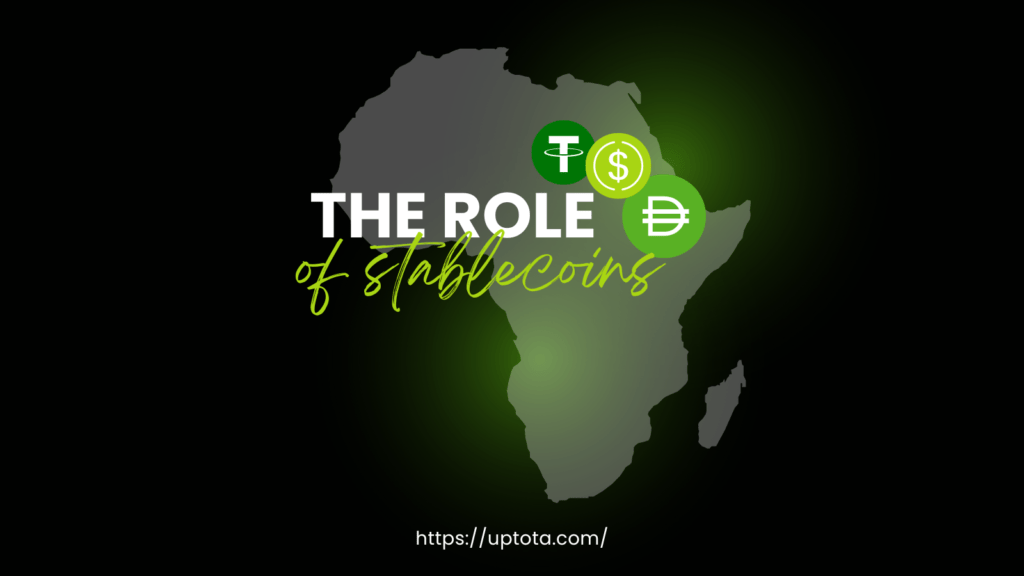Each day, thousands of new people join crypto and the number of identity-verified cryptoasset users has grown each month for the last 8 years. This shows a case study made by Statista in August 2024. (https://www.statista.com/statistics/1202503/global-cryptocurrency-user-base/) Today many people have a wallet on which they hold cryptocurrencies, but is this also the case in the emerging markets of Africa?
An overview of the acceptance and growth of cryptocurrencies in African emerging markets
During the past years, the acceptance of cryptocurrencies in African emerging markets is reaching higher levels each year, which also encourages the usage of cryptocurrencies. We want to provide you with some very important examples about the situation in different emerging markets across Afrika.
South Africa
According to the Financial Sector Conduct Authority (FSCA)
(Link), cryptocurrencies were considered official financial products as of October 2022. However, not only the acceptance through regulation, but also the growth has increased.
Around 13% of the South African population, or 7 million people, are invested in cryptocurrencies. This is according to a survey by Luno, one of the leading crypto platforms in 2022.
(https://discover.luno.com/research-the-state-of-crypto-in-africa/)
The use of cryptocurrencies in South Africa has therefore risen sharply in recent years and is expected to continue to rise in the future.
Nigeria
The growth and acceptance of cryptocurrencies in Nigeria is evolutionary. There is hardly a country that has shown as much strength in this area as Nigeria. According to the Global Crypto Adoption Index 2021, Nigeria was one of the top countries in the world with the highest adoption rate. They were ranked 6th in the world, with around 32% of the population with internet access owning cryptocurrencies. (https://www.chainalysis.com/blog/2021-global-crypto-adoption-index/) They also had a transaction volume of over 400 million dollars in the same year, making them the country with the highest transaction volume in Africa.
Factors that influence the growth
We have now seen that growth is increasing rapidly, especially in the emerging markets. This has various influencing factors such as the infrastructure, but Internet access also plays an important role here
Infrastructure
The infrastructure of African emerging markets is very challenging for most inhabitants, for example, bank transfers are not easily accessible. However, as people are fundamentally solution-oriented, the population has not been deterred by the limited use of banks and prefers to use cryptocurrency transfers, as these are cheaper and freely accessible.
Internet access
Most people in Africa have internet access rather than a traditional bank account. The use of mobile devices is increasing and so is the general internet usage. As a result, the population is not only creating a digital wallet more easily than a traditional bank account, but they are also talking to each other about cryptocurrencies more often, which increases education and the associated investments.
Education
The education of the population also promotes the growth of cryptocurrencies. While people can set up digital wallets through internet access, they also can inform themselves about the most important issues, such as opportunities and risks, and use learning platforms. Education is then passed on to friends and family, leading to a familiarity with cryptocurrencies.
How we support these countries and see opportunities for the future.
We as Uptota want to support these countries and see great potential in their growth. Through our secure centralized exchange, we are able to promote crypto adoption in emerging markets and at the same time provide education. This means that users not only have a secure exchange to which they can switch but can also expand their knowledge with us at the same time.







